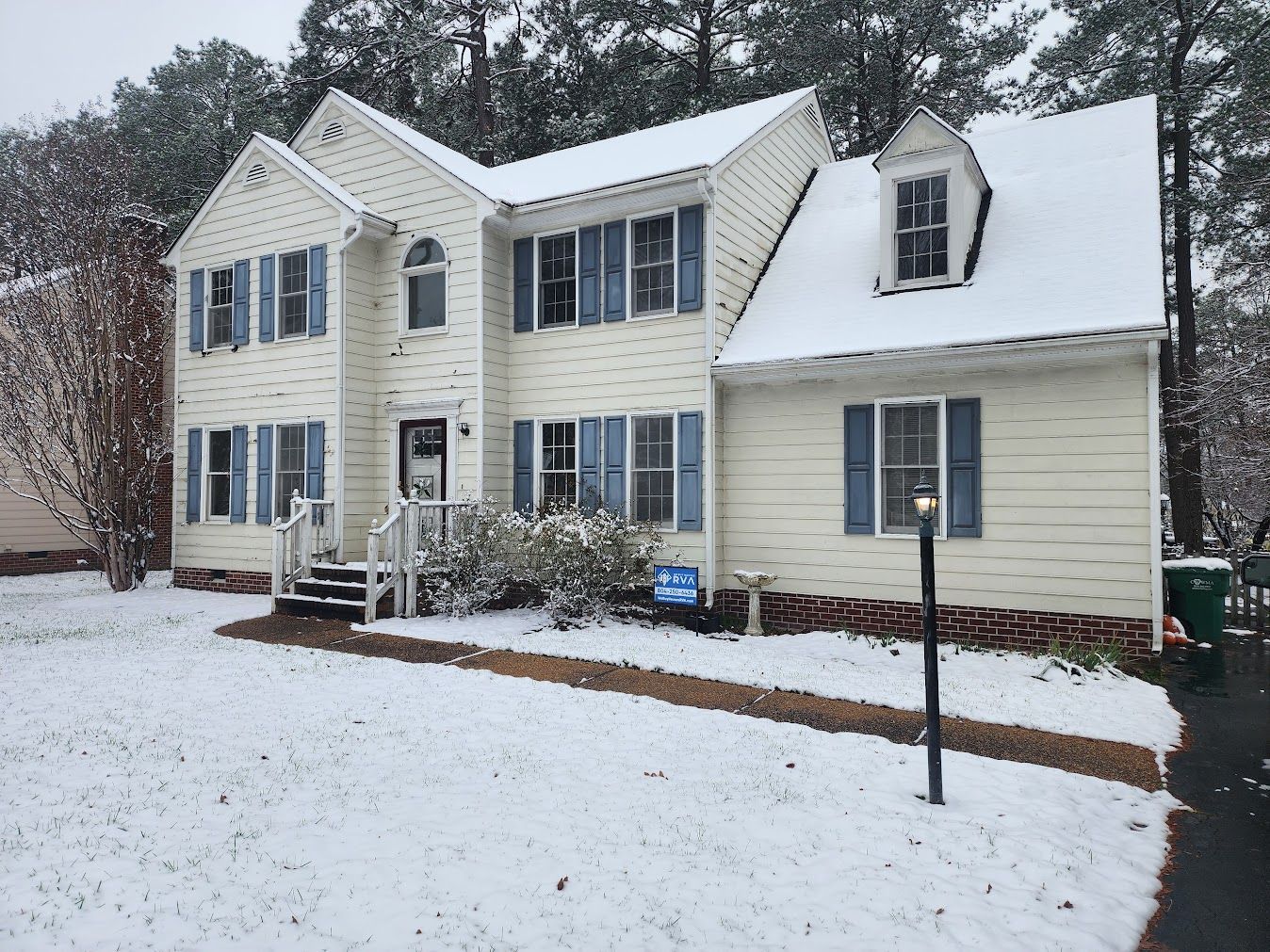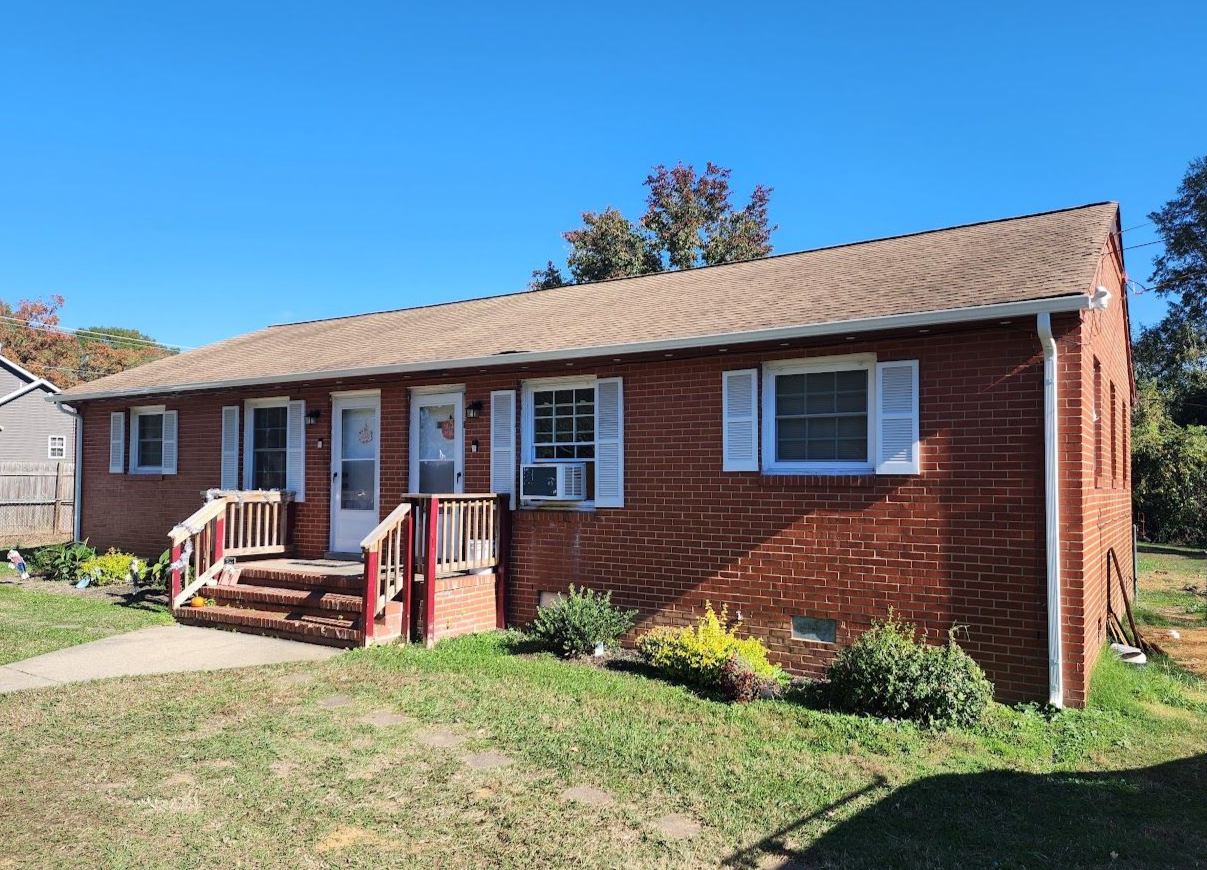We Buy Houses Richmond VA
Cash for houses in Richmond in as little as 14 days! No realtor fees, no commissions, no repairs or cleaning necessary. Claim your no-obligation all cash offer below!
Best We Buy Houses Company in Richmond VA
Sell My House Fast for Cash
Contact Us

5 Star Ratings and Great Testimonials When We Buy Homes
I'm Charles Martin and I'm proud to have one of the best homebuying companies in Richmond, VA. We buy homes through our streamlined process for a fast cash home sale despite being a locally owned home buying company in Richmond.
Whether you need help to sell an
inherited house, sell house during
divorce, sell
hoarder house, sell a house that needs repairs, or to sell my house during
foreclosure
-
we buy houses any situation! We buy any property!
Your home will never be subject to appraisal, inspections or other contingencies that will affect your home closing date.
We always pay cash so you can sell your house fast!
Thank you for taking your time to my home buying company. Now lets
sell your house fast!
As Seen on...
How We Buy Houses Any Condition
Step 2
I will call to discuss your timeline, reason you're selling and any repairs needed for the home. We use this information to do creative deals, offer rent-back periods and give you a realistic closing date when we buy homes for cash.
Step 3
We will visit the property to ensure you have an all cash offer. Typically the appointment takes 20 minutes to evaluate the property. Envision yourself with the cash offer for your house and sell your home without a realtor, fees, concessions or BS!
Our Cash for Houses Reviews & Testimonials
Quick, Smooth and Seamless Process When We Buy Homes for Cash
We strive to make the process of selling a home quickly as smooth and stress-free as possible. I work diligently when we buy homes to ensure transparency, integrity, and efficiency in every transaction. Your satisfaction is my priority, and we're honored to have served numerous homeowners selling a home fast throughout Richmond VA. Our we buy houses reviews speak for themselves! Take a look here.
Cash for Homes Selling Tips
As an experienced local homebuying company in Richmond we want you to answer your questions like:
- What do I do if I need to sell my house fast?
- How to sell my house before foreclosure?
- Can I sell my house during a divorce?
- Should I sell my house to a homebuying company?
- I inherited a house and want to sell it. Can I sell inherited house to We Buy Houses RVA, LLC?











